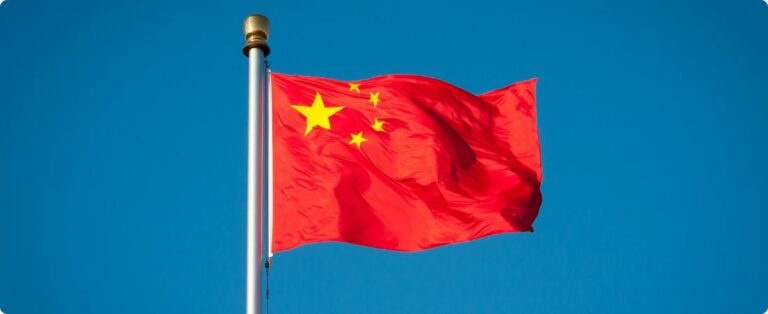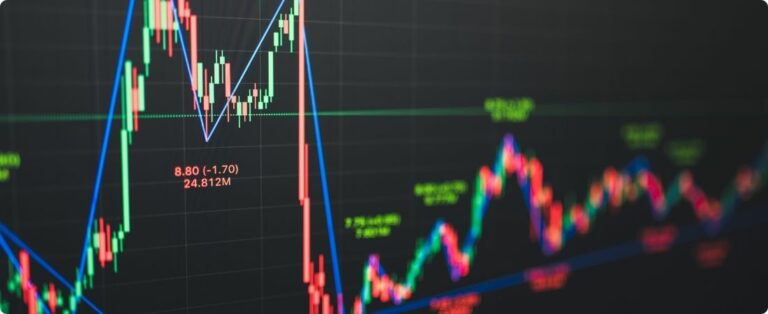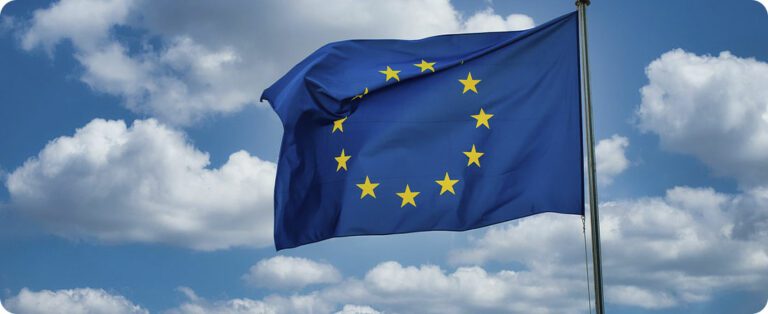The president of Embrapa, Celso Moretti, defined a cooperation agreement with the International Center for Biosaline Agriculture (ICBA) for joint action in different areas. ICBA is an international agricultural research center located in the United Arab Emirates (UAE) and aimed at improving productivity and sustainability in marginal and saline areas with a strong presence throughout the Middle East region and also in Africa.
For Embrapa, the agreement, to be signed in the coming weeks, means the opportunity to obtain financing, sell technology and services, carry out technical cooperation and support Brazilian companies abroad, including in Africa. There is also the prospect of setting up an office in the United Arab Emirates, in partnership with Apex-Brasil and with the support of the local government. Apex-Brasil works to promote Brazilian products and services abroad and attract foreign investment to strategic sectors of the Brazilian economy.
The details were defined during the presence of a Brazilian delegation in the United Arab Emirates between the 18th and 21st. The mission is related to the strategy of strengthening Embrapa's operations in Africa. The actions have been monitored by Minister Tereza Cristina, from the Ministry of Agriculture, Livestock and Supply, and are part of a broad agenda that has been developed with the Ministry of Food Security of the United Arab Emirates, in the person of Minister Mariam Al Meheiri, who met twice with the Brazilian delegation during the four days of the mission.
Approximation began in 2018
The visit and agreements continue steps that began in 2018, when Celso Moretti was in the United Arab Emirates to participate in an event focused on agriculture and, on another occasion, for a meeting of the Global Economic Forum. On both occasions, Minister Meheiri was invited to visit Embrapa. In January 2019, taking advantage of her presence in Brazil for the inauguration of President Jair Bolsonaro, Mariam Al Meheiri, was at the Headquarters and at Embrapa Genetic Resources and Biotechnology with a delegation that included diplomats.
On the occasion of her visit to Embrapa, the Minister reaffirmed her intention to attract investments to that country's agricultural sector, responsible for just 0.7% of the GDP of a country whose economy is based on oil. His objective, he said, was to awaken the interest of the young population in agriculture.
Al Mehairi expressed interest in learning about the private sector's participation in Embrapa's budget and revealed that food security is one of the current priorities for the United Arab Emirates, as more than 90% of the species used in food come from other countries.
Joint work has already started
The exchange of researchers for technical cooperation was one of the topics discussed. A specially designated group from Embrapa will continue the negotiations. Collaboration between researchers, in practice, has already begun. Based on the initial conversations, researchers from Embrapa Semiárido are discussing via videoconference topics such as the use of biosaline water in agriculture. The UAE has extensive experience in using saline groundwater in agriculture.
Agreement can generate comprehensive actions including in Africa
President Celso Moretti believes that one of the biggest advances must be in the institutional relationship that allows actions in different areas. It is possible, for example, to form a partnership for the production of fruits and vegetables in the United Arab Emirates in protected environments. Embrapa has expertise in the subject while the UAE has high-tech equipment with a lack of technical base and experience.
Another possibility discussed is the exchange of genetic material, management of natural resources and biodiversity, development of studies in bioenergy and aquaculture, particularly in the production of fish in water with greater amounts of salt.
The president of Embrapa assesses that “we can help on two fronts: establishing partnerships and businesses to help provide food security in the United Arab Emirates and working together in other countries, particularly on the African continent. Several companies from the United Arab Emirates have land in Africa and are producing there with great interest in technology, products, services and equipment.”
Brazil, over the last five decades, was the only country in the world that managed to develop technology for the tropical environment capable of generating a large volume of food. From being an importer, Brazil today produces food to feed 7 times its population. “We feed 1.4 billion people in the world and the United Arab Emirates imports more than 90% of the food they consume”, compares Moretti.
“Embrapa has technology for the tropical world, they have investment resources and want our help with production not only in the Emirates, but also in Africa. We want to define a model for this partnership, as well as for other countries, but with the involvement of the Brazilian private sector so that they can take advantage of the opportunities”, says Moretti.
Four pillars of operation in the United Arab Emirates
During the mission's visit to the United Arab Emirates, there was an expression of interest in Embrapa helping to structure the country's agriculture, which would facilitate joint actions in research, development and innovation. “They have public companies that take care of research, technical assistance, producers, a university that works with the agricultural area and the private sector. Our idea is to help build institutions to coordinate all of this, including training.”
The second pillar of action would be to provide support for agricultural climate risk zoning. “We have great experience in Brazil. We know what, where and when to plant in 44 production chains in a country of continental dimensions, with different biomes. It is possible to support them in this development. This will help them make decisions and we want to actively participate in the results this will bring.”
Developing a territorial strategic intelligence system is the third pillar. With this, it would be possible to create a system in which it is possible to have information about the natural context (such as soil, relief, rainfall, altitude), the agrarian context (including properties, size, number of producers), agricultural (example: goat herd, cattle, what is being produced in each region), the infrastructure (storage, for example) and socioeconomic framework. Integrated access to the set of information would facilitate and improve decision-making, something we have already achieved in Brazil.
The fourth pillar is cooperative action in Africa. “Private companies in the United Arab Emirates are producing in countries like Madagascar, Sudan and Namibia, but not with technologies of the quality of those developed in Brazil. Brazilian animal, plant and machinery genetics companies, for example, would have great opportunities. The objective is to establish a partnership taking technology developed by Brazil and taking the private sector along to take advantage of the space that will open up in the United Arab Emirates and the African Continent”, he explains. And he gives an example: Embrapa has wheat varieties adapted to the tropics. Large-scale adoption in Africa could represent a great opportunity for seed and equipment companies in Brazil.
The president of Embrapa explains that the entire process has the leadership of Minister Tereza Cristina and the support of Apex-Brasil and the Brazilian Cooperation Agency (ABC/MRE). “In Africa, for example, we go beyond the partnership with the United Arab Emirates. The proposal is to work in cooperation with local government institutions, but also to count on the support of Apex and ABC to open doors and create opportunities for the private sector”. He says that the intention, at the moment, is not to open an office in Africa, but to work on projects.
One of the next steps is to evaluate with Minister Tereza Cristina and the Ministry of Foreign Affairs the creation of an office in Abu Dhabi with support from the local government. “I am optimistic about the possibilities with the office’s ability to boost Embrapa projects and private sector businesses in the region. If there is a positive diagnosis, we can create it in 2020”, says Celso Moretti.
Visit to government bodies, companies and research institutes
The technical mission to Abu Dhabi and Dubai included visits to companies, government and research bodies. She was at Camelicious Farm; at Fish Farm (a company that breeds and hatches marine fish); at Agthia Group (a leading food and beverage production company); at Al Dhahra Holding Company (multinational specialized in the production of animal feed and food products in the supply chain); at Elite Agro (cultivation and marketing of food products); and Jenan Investment Company.
Another site visited was the ADAFSA research station (Abu Dhabi Agriculture and Food Safety Authority, responsible for agriculture, food safety, food security and biosecurity). Minister Mariam Al Meheiri received the Brazilian delegation on two occasions during the four-day visit.
In addition to the president of Embrapa, the Brazilian government's mission was attended by the secretary of Innovation, Rural Development and Irrigation of Mapa and president of the Board of Directors of Embrapa (Consad), Fernando Camargo, a representative of the Brazilian Export Promotion Agency e Investimentos and the heads of Embrapa Hortaliças, Warley Nascimento; from Embrapa Cassava and Fruit Culture, Alberto Vilarinhos; and from Embrapa Goats and Sheep, Marco Aurélio Bomfim.
Source: DATA















